
Expert Political Judgment
How Good is It? How Can We Know?
Recommendation
If you want to find out what makes a forecaster a real expert or a lucky guesser, this book explains the complicated set of necessary talents. Author Philip E. Tetlock is a researcher and political psychologist. He tracks a wide academic path into psychological investigations about predicting the future - in business, politics or other arenas - and the implications of its results. He finds some surprises, especially in the study of objectivity and how people think. He explains psychological experiments on forecasting, and uses them as a trail through tangles of complex research. As you climb, enjoy the occasional clearings where some great ideas (such as Amos Twersky’s "Support Theory") come to light. getAbstract finds Tetlock’s insights worth the journey. Despite its sometimes dense thickets, this book is necessary for people who want to understand the role of self-described "expert" prognosticators. If you wonder why the predictions of political, media and sports forecasters often are not worth heeding, Tetlock shows you how to distill the best from the rest. We recommend this book to journalists, political scientists and managers or executives who rely on "expert" opinions or futuristic scenarios.
Summary
About the Author
Philip E. Tetlock is a professor of leadership at the University of California, Berkeley. His previous books include Counterfactual Thought Experiments in World Politics.









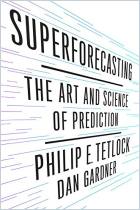
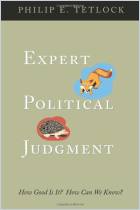
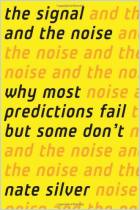
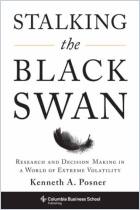
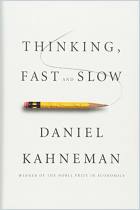
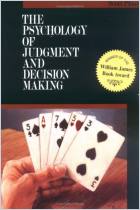
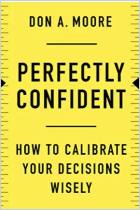



Comment on this summary or 开始讨论